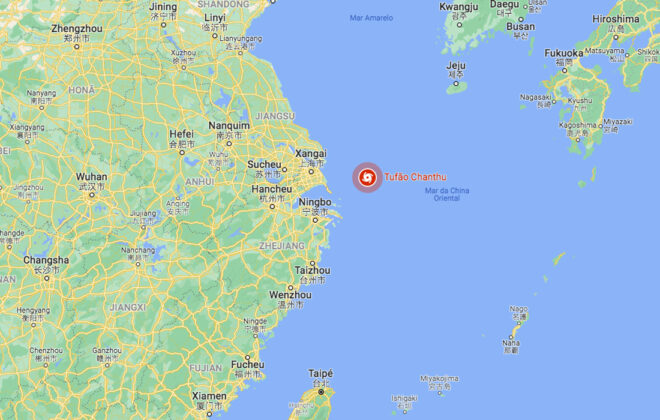China: omicron closes Ningbo terminal, affects flights in Hong Kong
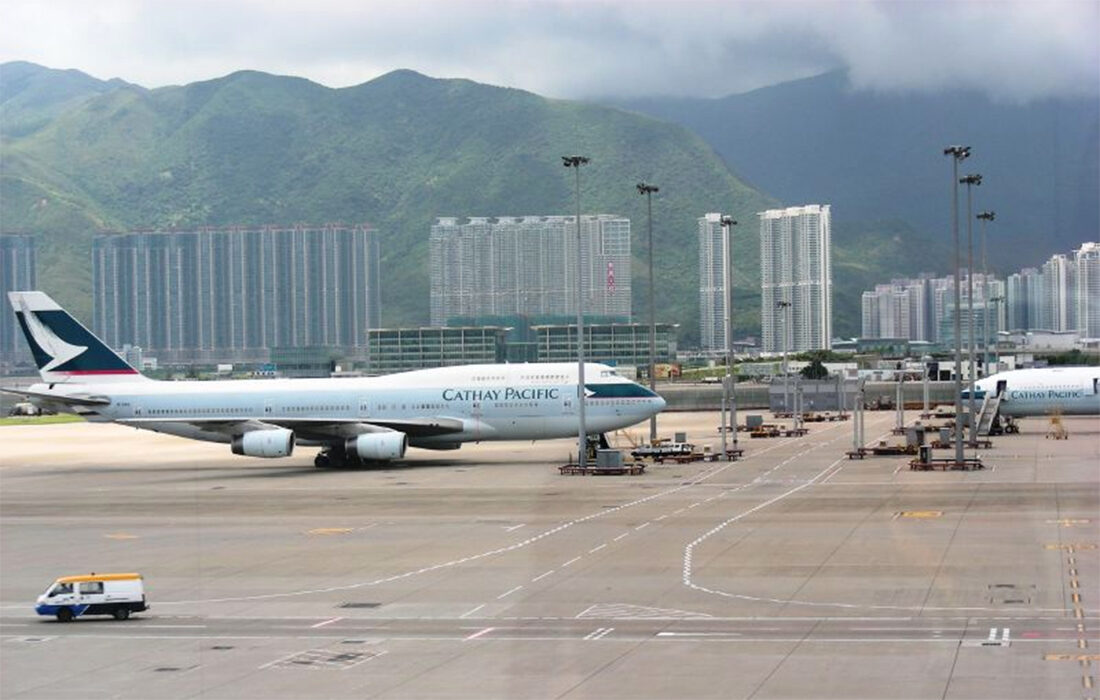
UPDATE: No more restrictions on Ningbo terminals. Drivers can now enter and leave the Beliun region as normal. Tianjin is now under lockdown, with restrictions on the flow of trucks on the roads. Beijing also has restrictions on road transport.
The latest wave of the coronavirus, driven by the highly transmissible omicron variant, has caused the closure of at least one maritime terminal in Ningbo and affected flights from Hong Kong Island. In general, for now, the impact is small in the Chinese logistics chain, but Craft is aware of the country, as well as of all those in which it acts directly or indirectly, to anticipate any evolution.
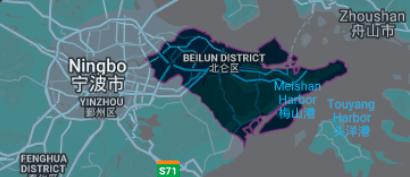 Of Ningbo’s five port terminals, only one has been temporarily closed, which is located in the Beilun area. Access to the area has been restricted by the local government to prevent further infections and pandemic cases, according to Thays Boscaine, LCL coordinator at Craft. “The other terminals operate normally, with cargo handling, dispatch, customs inspection, packaging and container delivery at the CFS,” says Thays.
Of Ningbo’s five port terminals, only one has been temporarily closed, which is located in the Beilun area. Access to the area has been restricted by the local government to prevent further infections and pandemic cases, according to Thays Boscaine, LCL coordinator at Craft. “The other terminals operate normally, with cargo handling, dispatch, customs inspection, packaging and container delivery at the CFS,” says Thays.
According to Fernando Blasi, manager of FCL, the problem is more about road transport, since drivers avoid accessing the region, because they can test positive and be held in quarantine, or even may have problems leaving after unloading their trucks. “In addition to the shortfall in the supply of road transport, many factories are not accepting shipments through this terminal, and the situation is likely to get worse,” he says.
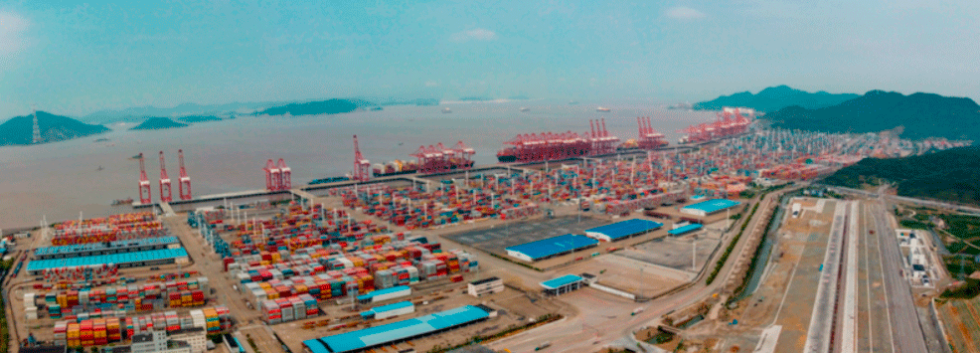
In the air modal, Hong Kong presents difficulties due to the growth of covid cases. The acquisitions manager, Lorena Jorge, says that the Cathay Pacific company canceled its long-haul flights, passengers and freighters (PAX and CAO), until January 6, and may make more cancellations in the future. These are all trans-Pacific flights: Europe, Southwest Pacific, Riyadh, and Dubai.
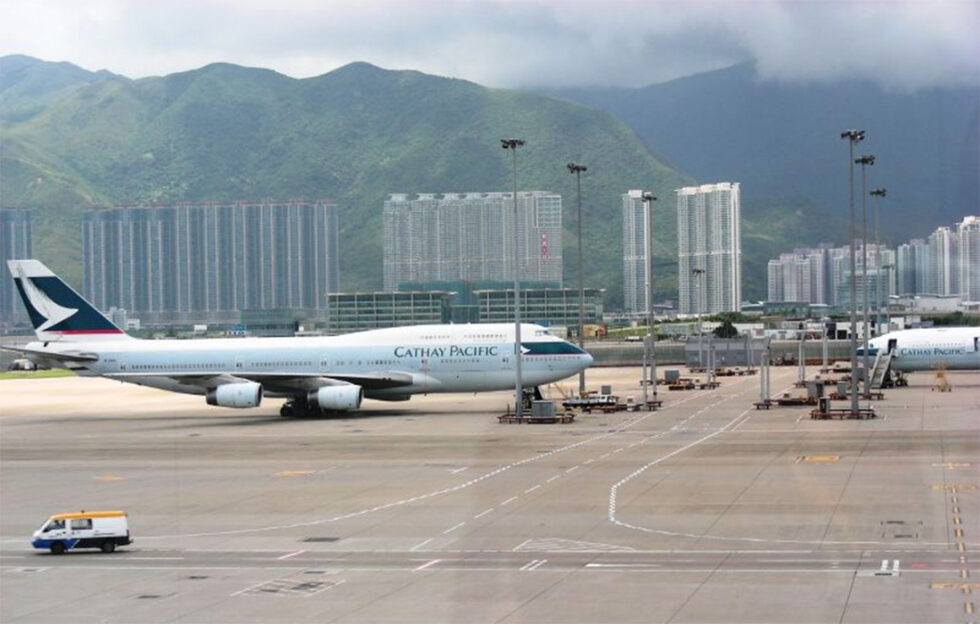
According to information compiled by Lorena, the Hong Kong government has imposed stricter quarantine rules for cargo crews based on the island, generating high costs for airlines, which must cover their quarantined crews, reducing the supply of flights, and opening the possibility of rate increases. Cathay Pacific is the largest cargo operator in Hong Kong, handling around 25% of the total volume of air cargo at the airport.


